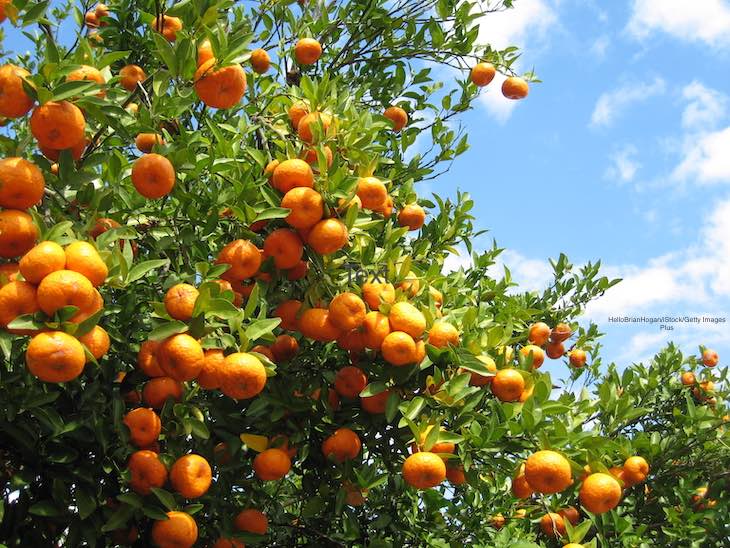The Centers for Disease Control and Prevention have conducted a study that finds that medically important antibiotics that the EPA wants to re-approve for expanded pesticide use on crops can facilitate antibiotic resistance in bacteria. Those pathogens pose “urgent” and “serious” threats to human health. The results of this study were obtained by the Center for Biological Diversity under the Freedom of Information Act.

Those dangerous antibiotic resistant-bacteria include MSA, nightmare bacteria (Cabapenem-resistant Enterobacteriaceae (CRE), and Vancomycin-resistant Enterococcus. Those pathogens cause more than 100,000 infections and 13,000 deaths every year in the United States.
Nathan Donley, a senior scientist with the Center for Biological Diversity said in a statement, “It’s alarming that [this] administration is willing to put us all at greater risk from dangerous bacteria by letting these human medicines be sprayed on crops. This kind of recklessness is what happens when the industry has a stranglehold on the EPA’s pesticide-approval process.”
The EPA wants to let fruit growers to spray medically important antibiotics on apple, pear, and nectarine trees to fight citrus canker and citrus greening disease. In March 2019, the Center for Biological Diversity and other environmental and public health groups delivered a petition to the EPA asking them to delay that proposal, stating that the EPA made little mention of the CDC report, but relied on “information provided by the companies selling the antibiotics.”
The CDC study tested susceptibility of 40 samples of bacteria to oxytetracycline and streptomycin and found that “resistance to antibiotics used as pesticides can be found in bacteria causing human disease; resistance is often conferred by a mechanisms that can be transferred from one bacteria to another; mechanisms of resistance to the pesticide can confer resistance to related antibiotics including antibiotics commonly used in human medicine (i.e., cross-resistance); and resistance often occurs in isolates that are resistant to unrelated resistance.”
Donley added the “EPA is bowing to the pesticide industry’s wishes, with no regard for the consequences to human health, wildlife or the environment. Spraying antibiotics on fruit is a short-term fix with dangerous, long-term consequences.”





I hope they don’t use these types of pesticides on organic fruits because that’s what I eat.
Well, the study didn’t say. One issue with spraying crops with pesticides and herbicides is drift; those chemicals can drift onto crops grown organically. And organic produce can legally contain some pesticide residue. But people who eat organic produce do consume fewer pesticides, in general.